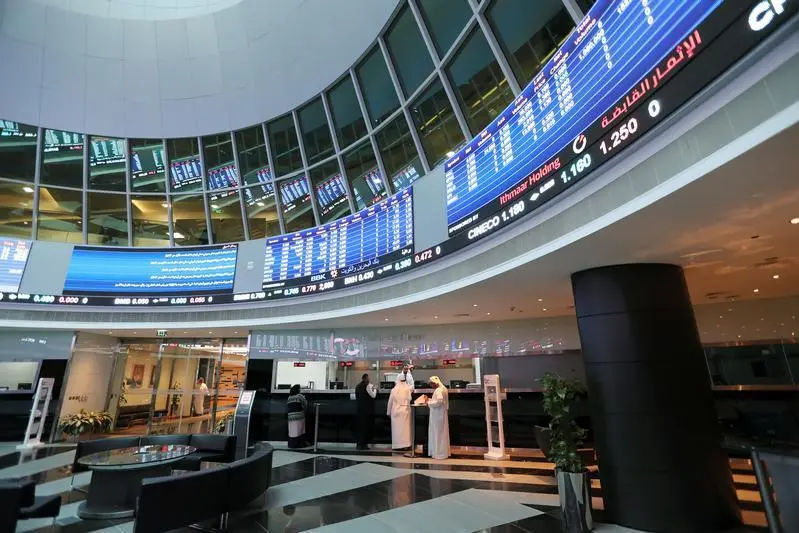PHOTO
The Bahrain Bourse All Share Index eked out a modest gain of 0.5 per cent in May, closing the month at 2,039.03 points.
This positive performance contrasted with the broader GCC region, where equity markets experienced their third consecutive monthly decline, shows analysis by Kuwait-based Kamco Invest.
While the headline index advanced, a closer look reveals a mixed picture. Five of the seven sector indices rose, with financials leading the pack with a 2.6pc gain. However, materials and real estate sectors weighed on the overall performance, declining 4.8pc and 6.8pc, respectively.
Arab Banking Corporation (+6.6pc) and Al Salam Bank-Bahrain (+8.7pc) were among the top gainers in the financial sector, which benefited from rising share prices across several companies. Conversely, Alba, the sole constituent of the materials index, witnessed a price drop of the same magnitude, dragging the entire sector down.
Esterad Investment Company topped the list of individual stock gainers with a 9.8pc price increase. This positive performance coincided with the company’s recently approved share repurchase plan, allowing them to buy back up to 10pc of their shares over the next three months.
Nass Corporation, which reported a Q1 2024 loss compared to a profit in the same period last year, led the decliners with an 18.3pc share price drop.
Trading activity continued its upward trajectory for a third consecutive month, with total volume traded jumping 45.3pc to 267.7 million shares. Similarly, total value traded surged 60pc to reach BD39.2m. GFH Financial Group dominated both volume and value traded charts, reflecting active trading in its shares.
The World Bank’s latest GCC economic update projects a 3.5pc growth for the Bahraini economy in 2024. This expansion is expected to be driven by the non-oil sector, with continued infrastructure projects and a tourism and service sector recovery playing key roles.
In contrast to Bahrain’s modest gains, the broader GCC equity market index suffered its third straight monthly decline. Geopolitical tensions, lower oil prices, and bets on higher interest rates contributed to a global emerging market sell-off, impacting the region. The MSCI GCC Index posted its biggest decline in 17 months, falling 6.4pc to close at 658.85 points. Saudi Arabia’s TASI index experienced the steepest decline (7.2pc), while Dubai and Qatar also witnessed significant losses.
Despite the May decline, Bahrain remains in positive territory for the year thus far, with a year-to-date (YTD) gain of 3.4pc. Oman currently leads the GCC region with a YTD gain of 7.3pc.
Copyright 2022 Al Hilal Publishing and Marketing Group Provided by SyndiGate Media Inc. (Syndigate.info).





















